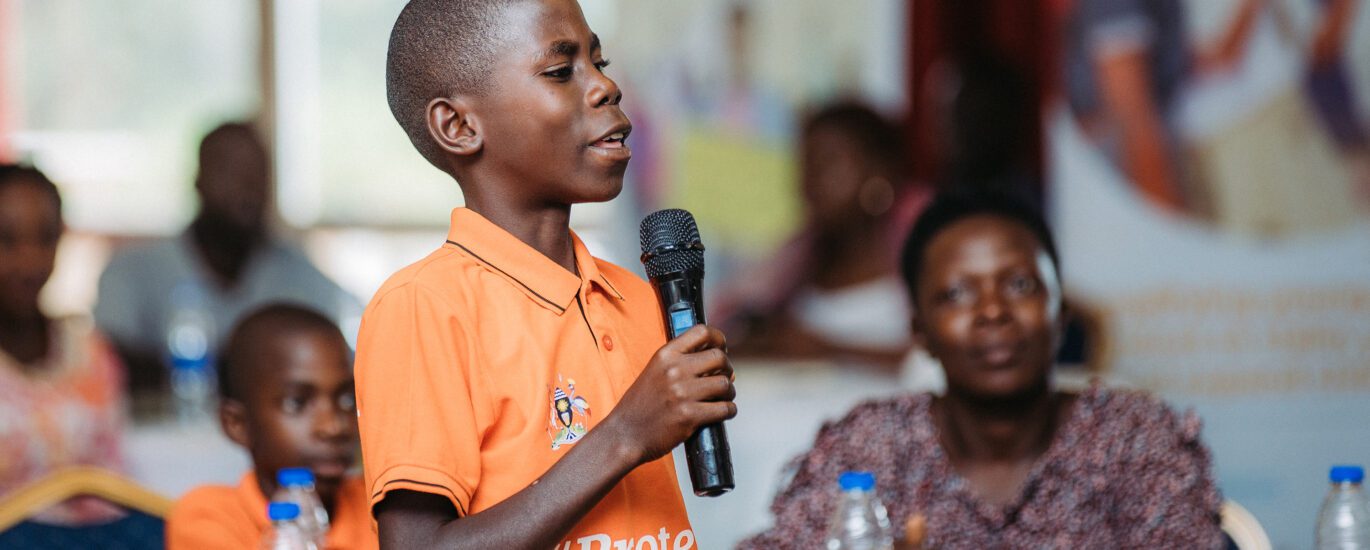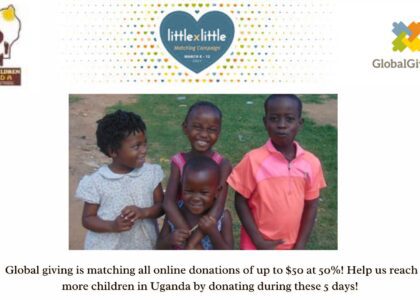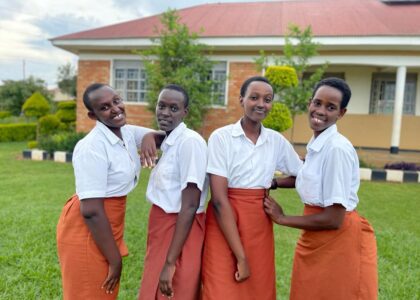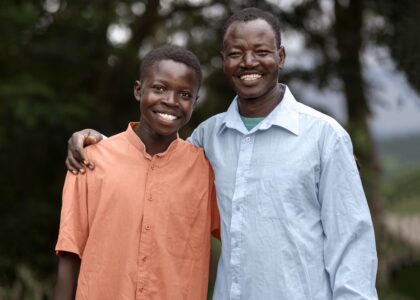Activists have been primarily focusing on the devastating impact of child marriage on girls and girl’s education but in this case boys are also being affected.
According to Girls not Brides , 34% of girls in Uganda are married before their 18th birthday and a 7% are married before the age of 15. 6% of boys are married before their 18th birthday.
Child marriage for boys may be primarily driven through norms that create societal pressure to marry as soon as economic independence and the ability to support a family is achieved. This is supported by the consistent relationship between the economic indicators linked to “readiness to marry,” such as employment and being out of school. Other push factors include poverty, employment opportunities, or limited returns to education that drive significant proportions of boys out of school and into the labor force, thus they end up marrying at an early age.
For boys, child marriage can shut down opportunities to go to school, can have profound, psychological consequences and is no less a violation of their rights. It can have wide ranging implications for boys as they have to deal with the pressure of being the main provider for the family and with the responsibilities of parenthood when they are still children themselves.
The practice remains a rights violation for children of both sexes and further investigation on the scale and implications of child marriage among boys is needed. Similar to girls who marry during childhood, boys who marry before age 18 might enter into unions that involve experiences and responsibilities, including early fatherhood and providing for the household, for which they may lack adequate knowledge, resources, and psychosocial support. Both in the immediate aftermath and later in life, men who married as children might suffer similar reproductive health consequences regarding lower knowledge and use of contraception and higher unwanted fertility as women married during childhood.
It is important that child marriage is not treated as an issue specific to young women and girls. As well as being affected directly by child marriage , boys and men can also play a powerful role in ending the practice , particularly as men often occupy positions of power in families and communities . As fathers, brothers, Husbands, community and regions leaders and politicians, men hold many of their decision- making that allows the practice to continue.
Data sources
https://www.girlsnotbrides.org/learning-resources/child-marriage-atlas/regions-and-countries/uganda/
A girls right to say no to marriage report by Plan International published in 2013
Engaging men and boys to end the practice of child marriage by Margaret E. Greene, Stephanie Perlson, Alice Taylor and Giovanna Lauro – 2015
Child Grooms: Understanding the Drivers of Child Marriage for Boys by Jeffrey D. Edmeades, Ph.D. Kerry L. D. MacQuarrie, and Kiran Acharya









